Farm to School
Farm to School in Northampton
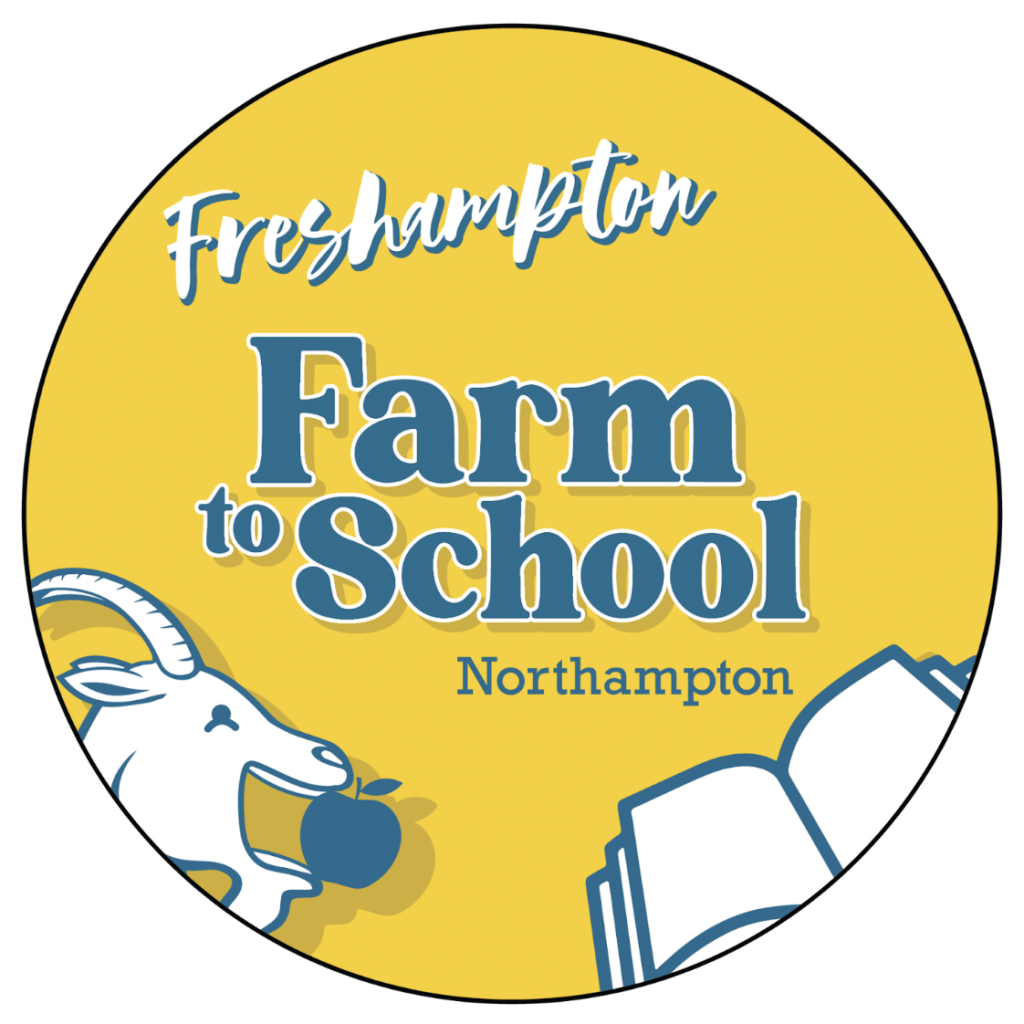
Cafeteria, Classroom, & Community
Freshampton Presents at the National Farm to Cafeteria Conference 2025
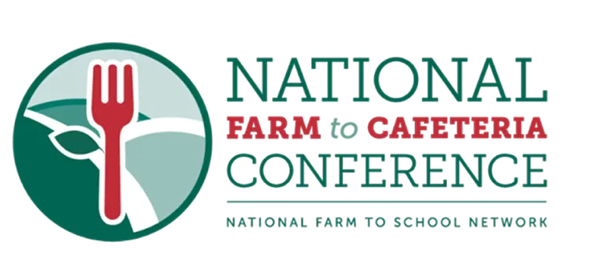
December 1, 2025 – December 4, 2025
National Farm to Cafeteria Conference Website
Workshop:
Building Capacity: Structuring Resilient Farm to School Programs at the SFA and State Level
Description:
Farm to School programming can take many forms, as can the staffing models and infrastructure that support them. Join Massachusetts farm to school program coordinators at the SFA level and a state agency representative as they highlight the overarching structures and history of their programs, including the staffing models that have helped sustain them. Following these case studies, participants will explore farm to school program models through an interactive simulation, allowing participants to design and adapt their own farm to school program in response to hypothetical shifts in funding, staff, resources and leadership priorities. The simulation debrief will provide an opportunity for participants to reflect on best practices that foster resilience and sustainability in farm to school programs amid evolving challenges.
Speakers
- Brianna Jackson, Chicopee Public Schools, Farm to School Coordinator
- Bryan Jersky, Northampton Public Schools, Farm to School Coordinator
- Maggie Nowak, MA Office for Food and Nutrition Programs, Local Food System Specialist
- Mistelle Hannah, Northampton Public Schools, School Nutrition Director
Freshampton in the Cafeteria
November Harvest of the Month: Cranberry
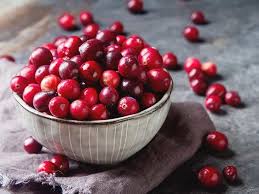
Links to Learn More about Massachusetts Cranberries
Bountiful Bogs: The Massachusetts Cranberry Story
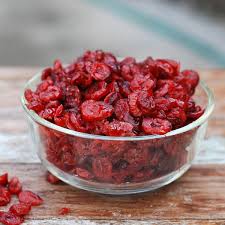
September Harvest: Tomatoes
Freshampton in the Cafeteria
Harvest of the Month Taste Test Recipes
-
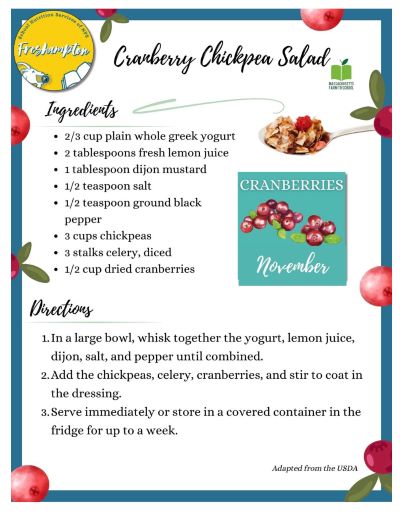
-
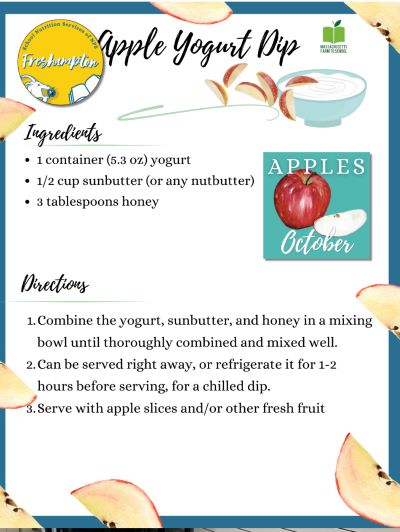
-
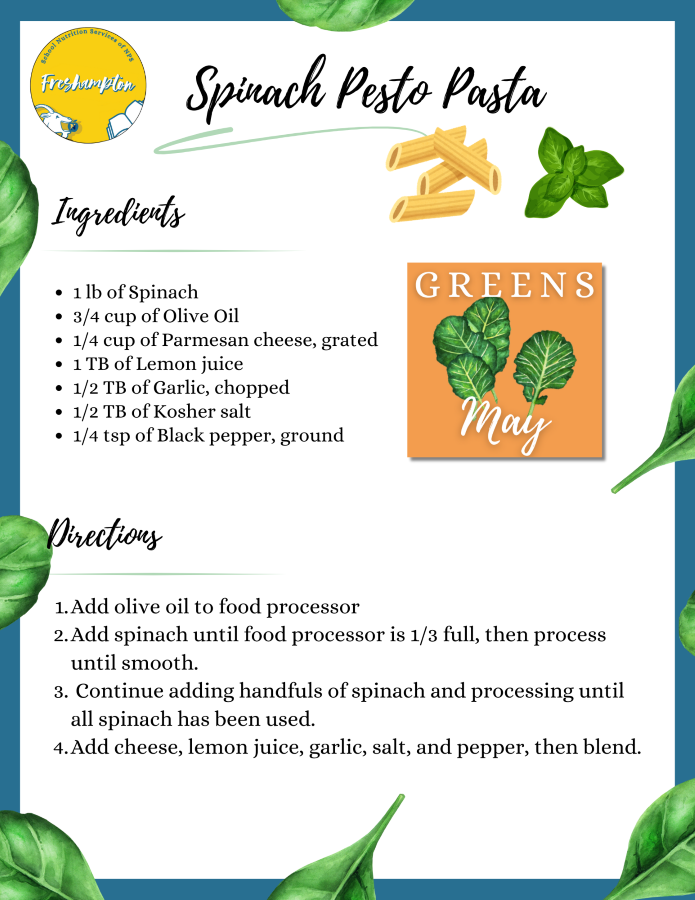
-
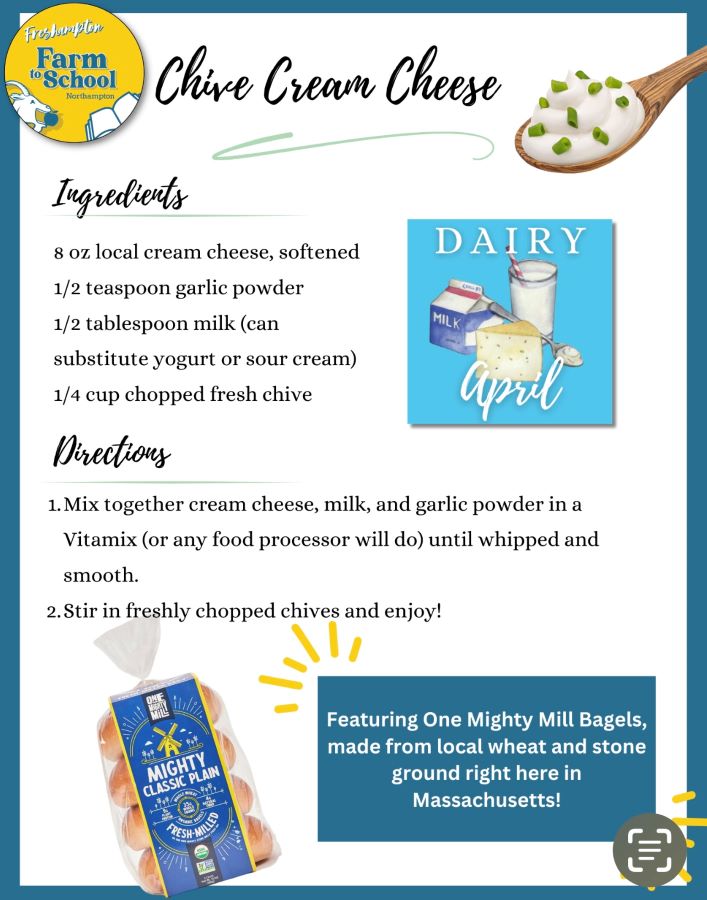
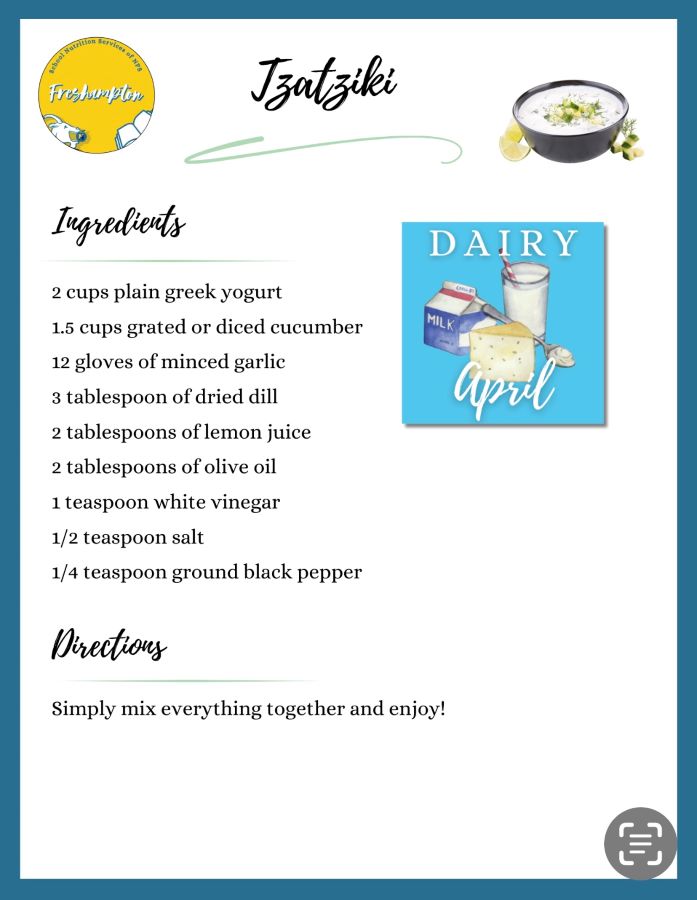
-

-
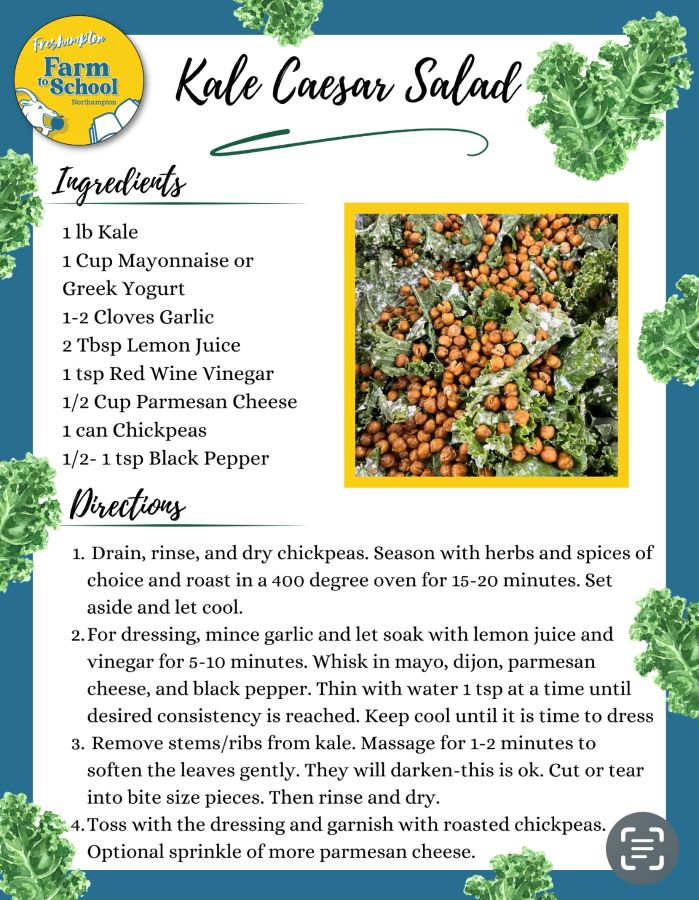
-
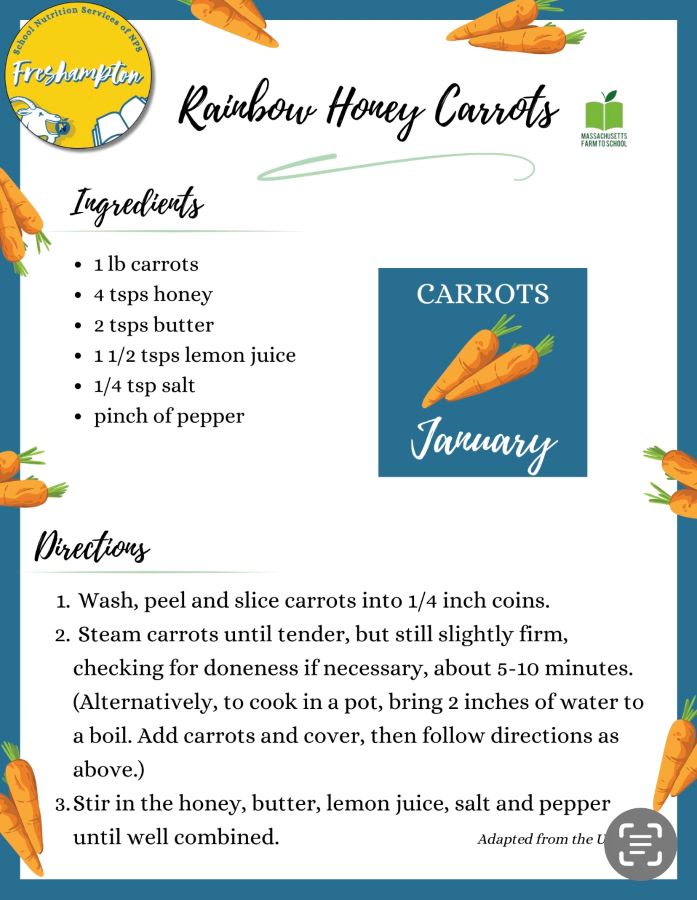
-
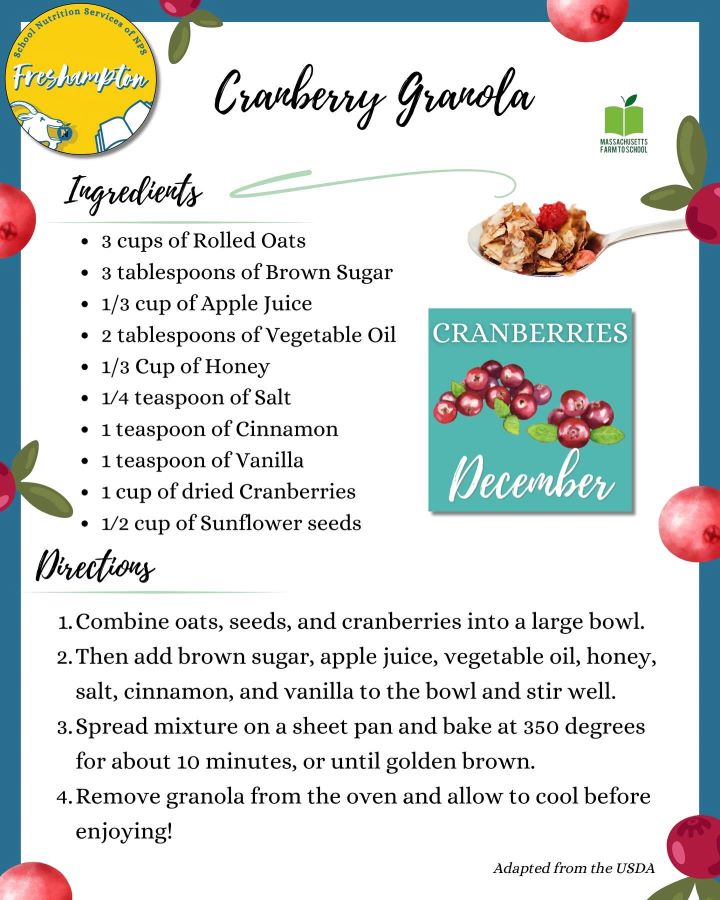
-
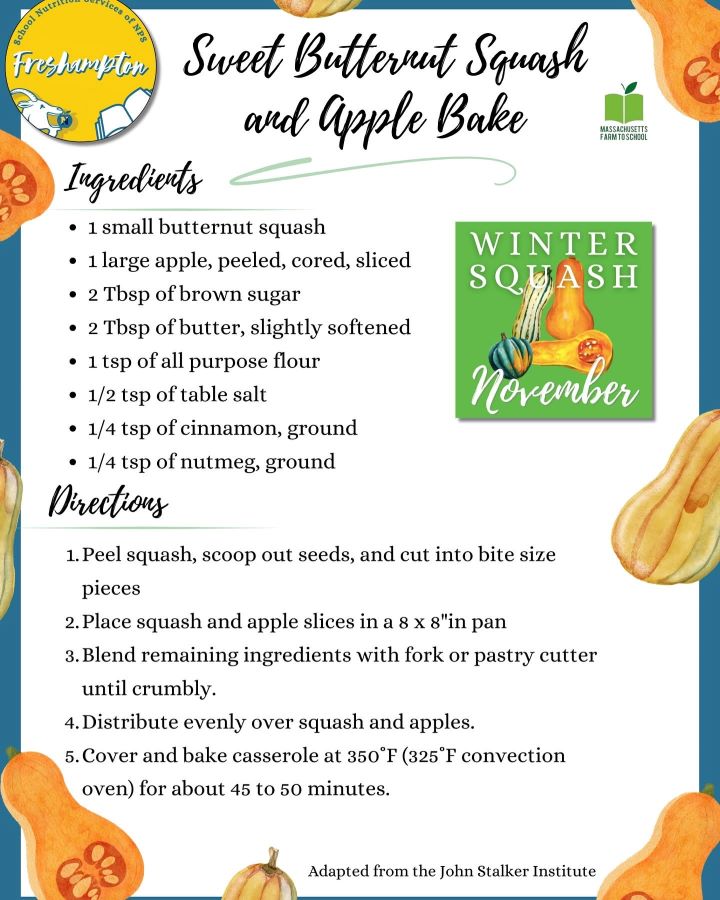 Squash Recipe
Squash Recipe -
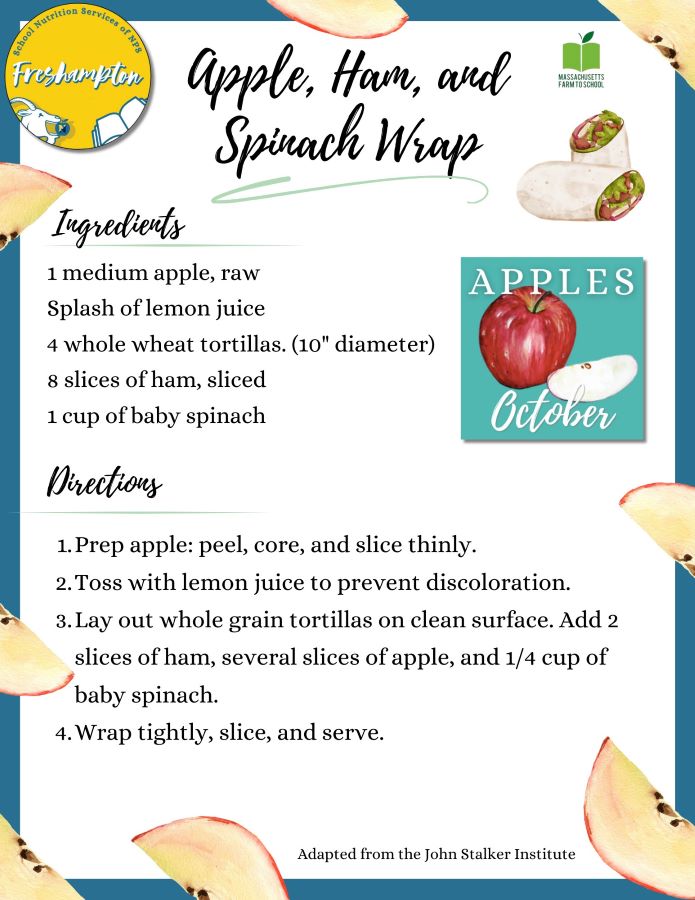
-
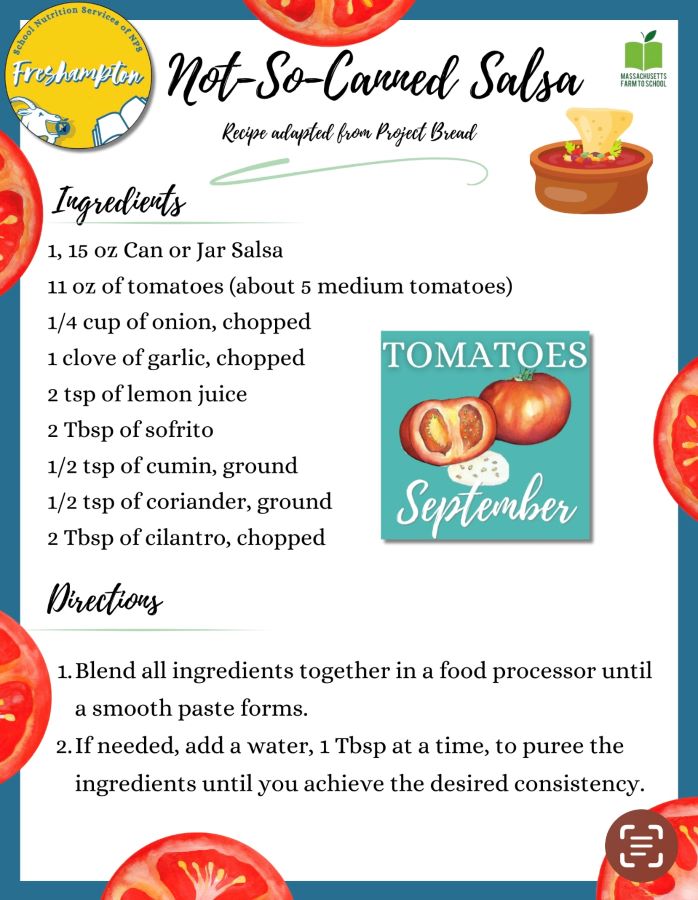
Taste Testing Happens all Year in the Cafeteria
Freshampton in the Classroom
Freshampton Brings Food Education to the Classroom! Both In School and Field Trips!
FLEX FARMS: Indoor Hydroponic System
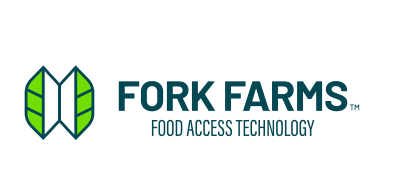
Flex Farm - Indoor Hydroponic System
The Flex Farm is the most efficient, scalable, and transformative indoor, vertical hydroponic technology on the planet. By carefully controlling everything plants need to thrive, each Flex Farm can grow more than 394 pounds of produce annually. They’re portable and only require a standard electrical outlet and less than 10 square feet of space.
Link to Learn more about Fork Farms Flex Farm Tower
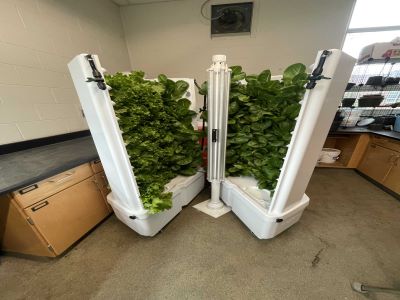
Our Freshampton team has brought multiple Fork Farm Grow Towers to Northampton Public Schools.
You can find them at Northampton High School and JFK Middle School.
The towers have been intergrated into the Science Curriculum in Northampton.
Fresh lettuce grown in our schools and served on the tray is the pinacle of local farm to school table.
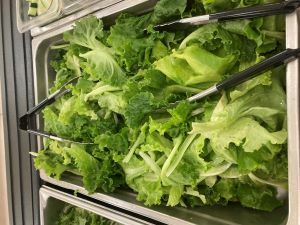
The amazing team at Freshampton researched the innovative company, Fork Farms, and invested time and valuable grant writing talent to secure two Flex Farms Grow Towers. Freshampton partnered with NHS teacher Megan Murphy, to bring one of the hydroponic towers to her classroom for school year 2024-2025. The second grow tower will be located in the cafeteria for the fall of 2025. It will be exciting to grow our own lettuce and serve it right on the line. This is as local as one can be, traveling only a few feet to the serving line.
From NHS Growtower to NHS Salad Bar! May 2025...Northampton Public Schools Grows their own Lettuce!

The amazing team at Freshampton researched the innovative company, Fork Farms, and invested time and valuable grant writing talent to secure two Flex Farms Grow Towers. Freshampton partnered with NHS teacher Megan Murphy, to bring one of the hydroponic towers to her classroom for school year 2024-2025. The second grow tower will be located in the cafeteria for the fall of 2025. It will be exciting to grow our own lettuce and serve it right on the line. This is as local as one can be, traveling only a few feet to the serving line.
Photo Below: From NHS Growtower to NHS Salad Bar! May 2025...Northampton Public Schools Grows their own Lettuce!

Freshampton Field Trips and Classroom Learning
Freshampton and the Community
Take a Look at some of the Amazing Local Farms and Vendors the
Northampton Public School’s Nutrition Department, Freshampton,
uses to source items served in all our schools.
Links to Local Vendors
-
 Warner Farm, Sunderland, MA
Warner Farm, Sunderland, MAWarner Farm is proud to be one of the oldest and longest running family farms in New England.
-
 The Commonwealth Kitchen
The Commonwealth KitchenAt CommonWealth Kitchen, we believe in the power of inclusive entrepreneurship to change the world.
-
 Red Fire Farm, Granby, MA
Red Fire Farm, Granby, MAAt Red Fire Farm, we are deeply committed to rich soil & healRed Fire Farm is a year-round local source for high-quality food and garden plants using organic principles that result in safe food and a healthy environment.
-
 Little Leaf Lettuce, Devens, MA
Little Leaf Lettuce, Devens, MALittle Leaf Farms was founded to make locally grown, great-tasting lettuce that’s available year-round.
-
 Marty's Local, South Deerfield, MA
Marty's Local, South Deerfield, MADelivering fresh, high-quality produce, flours and grains, dairy, meats, cheeses, and specialty foods every day.
-
 Joe Czajkowski Farm, Hadley, MA
Joe Czajkowski Farm, Hadley, MAJoe Czajkowski Farm specializes in organic and conventional fruit and vegetables, servicing schools, universities, farms and grocers.
-
 Pine Hill Orchard, Colrain, MA
Pine Hill Orchard, Colrain, MAWe are a family owned and operated farm in beautiful Colrain, MA
-
 Side Hill Farm, Hawley, MA
Side Hill Farm, Hawley, MAWelcome to Sidehill Farm Yogurt Sidehill Farm Yogurt is a small family-owned creamery producing fresh, delicious, certified organic yogurt from the milk of grass-fed cows.
-
 Plainville Farm, Hadley, MA
Plainville Farm, Hadley, MAStop by Plainville Farm any morning and you’ll be offered a cup of coffee and a pickle.
-
 One Mighty Mill, Avon, MA
One Mighty Mill, Avon, MAMighty means stone-milled. We are standing up to the industrialization of food by building our own healthy stone-milled food systems.
-
 Bardwell Farm, Hadley, MA
Bardwell Farm, Hadley, MABardwell Farm is committed to growing a quality product that has a positive impact on the environment and local community.
-
 Klein's Kill Fruit Farm, Germantown, NY
Klein's Kill Fruit Farm, Germantown, NYKlein’s Kill Fruit Farms is a vertically integrated farm that has provided quality fruit to its customers large and small.
-
 Ocean Spray, Middleborough, MA
Ocean Spray, Middleborough, MAWith its bold, bitter taste, the cranberry might be a little offbeat. But then, so are we.
-
 Sky Blue Bakery, Agawam, MA
Sky Blue Bakery, Agawam, MARecognizing a gap in providing wholesome, nutritious options for school districts nationwide, Sky Blue Bakery was born out of a visionary quest to transform surplus commodity programs into delicious solutions.
-
 Duva Distributers, Worcester, MA
Duva Distributers, Worcester, MADuva Distributors is one of the largest independent distributors of high-quality breads and rolls, serving Central and Western Massachusetts, Connecticut, and Rhode Island.
-
 Meal Mantra, made in Massachusetts
Meal Mantra, made in MassachusettsMeal Mantra is a line of authentic, all-natural Indian Curry sauces. Meal Mantra sauces are hand made in the USA with heirloom family recipes from the creators of Tandoori Cuisine and are simmered to perfection. We take pride in our all natural ingredients & flavorful spices.
-
 Winter Moon Roots, Hadley, MA
Winter Moon Roots, Hadley, MAWinter Moon’s goal is to produce quality winter root vegetables while minimizing the farm’s carbon footprint.
-
 All Star Dairy, South Hadley, MA
All Star Dairy, South Hadley, MAAll Star Dairy Foods, Inc. is celebrating over 60 years in the dairy business serving Southern New England.
-
 Cabot Creamery, Waitsfield, VT
Cabot Creamery, Waitsfield, VTThe farm families who own Cabot Creamery Cooperative love what they do.
-

-
 Growing Places, Leominster, MA
Growing Places, Leominster, MAGrowing Places envisions a thriving community-based food system that nourishes every member and the Earth.
Define Local: What makes our food local?
Here's a more detailed explanation of Farm to School:
Focus on Freshness and Local Sourcing:
Farm-to-school initiatives aim to provide schools with fresh, locally-grown, and seasonal produce. This means that the food should be sourced from farms that are relatively close to the school, reducing transportation distances and ensuring optimal freshness. For farm-to-school programs, the ideal distance between a farm and a school is generally considered to be within a 400-mile radius to ensure the freshness and sustainability of the food supply.
Benefits of Local Sourcing:
Local sourcing has several benefits, including supporting local farmers, reducing transportation costs and carbon emissions, and promoting a deeper understanding of food systems and seasonality among students.
Farm to School Benefits:
Farm to school initiatives can lead to increased fruit and vegetable consumption, increased physical activity, healthier food choices, improved willingness to try new foods, and increased food system knowledge.

 Additional settings for Safari Browser.
Additional settings for Safari Browser.










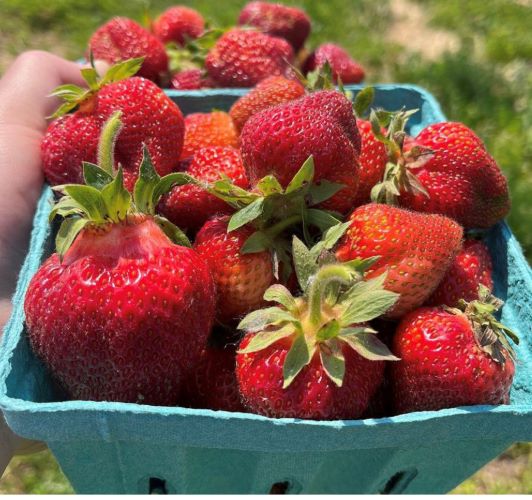
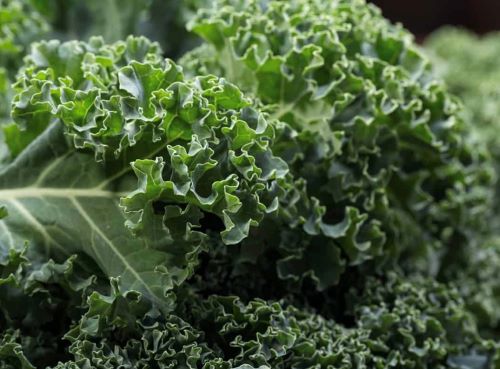
_1763663251.jpg)















































